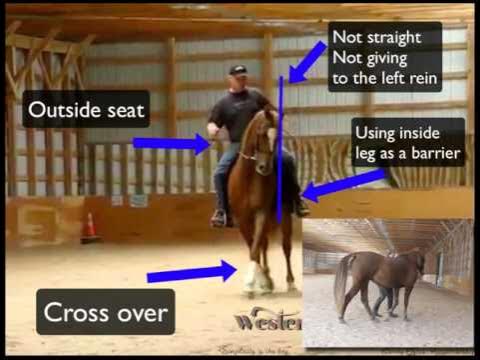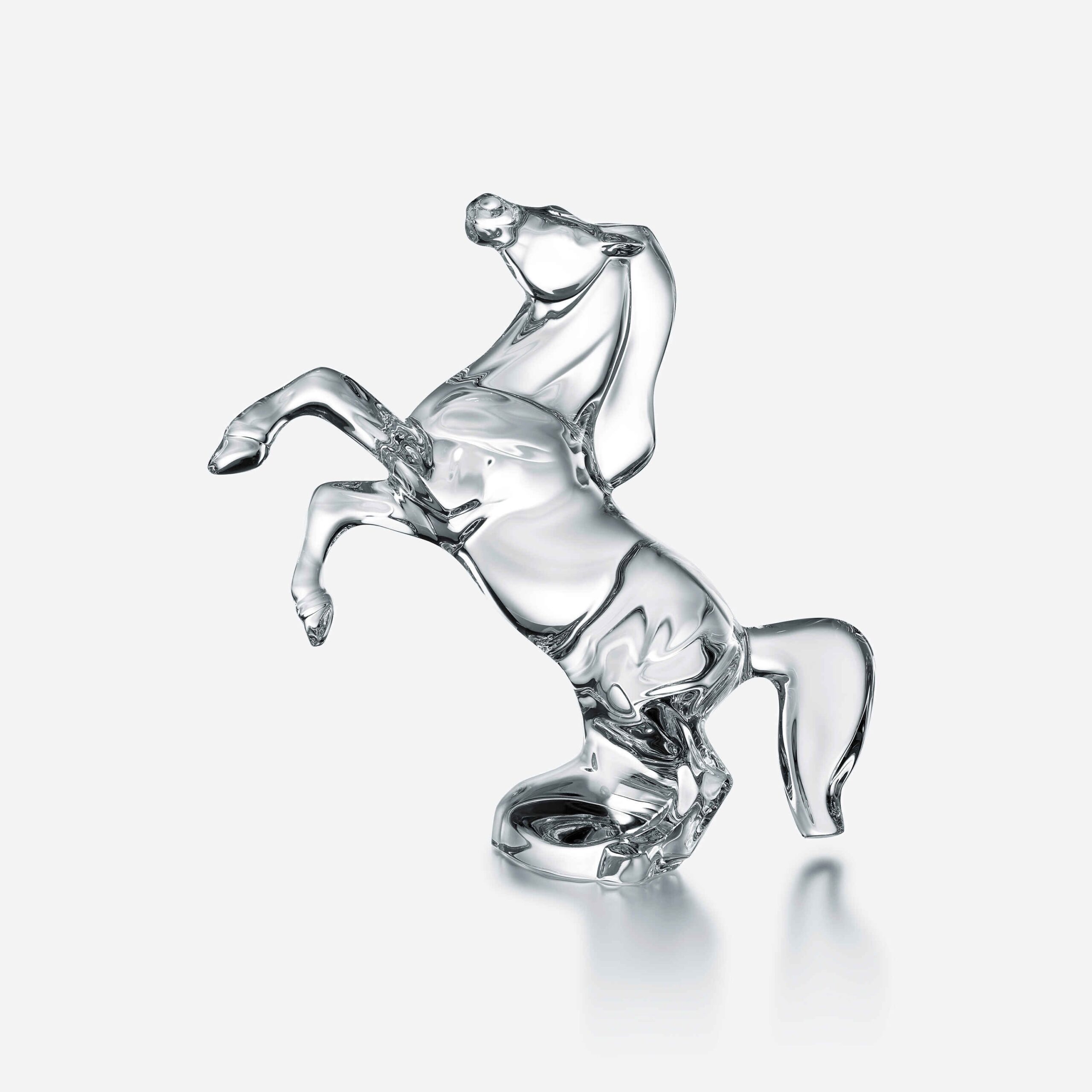Correcting Dangerous Rearing Under Saddle With Your Horse

Rearing under saddle is a serious and potentially dangerous behavior that can jeopardize both rider and horse safety. Understanding why horses rear and how to effectively correct this behavior is crucial for any equestrian. This article provides a detailed guide on identifying causes, prevention strategies, and correction techniques, all structured to help you manage and improve your horse’s behavior safely.
Understanding Rearing: Causes and Risks
| Cause | Description | Risk Level |
|---|---|---|
| Fear or Anxiety | Horses may rear when frightened or stressed by unfamiliar stimuli. | High |
| Pain or Discomfort | Ill-fitting tack or physical pain can trigger rearing as a defensive act. | Very High |
| Resistance or Defiance | Some horses rear to avoid work or assert dominance. | Moderate to High |
| Confusion or Overwhelm | Lack of clear cues or training can cause a horse to rear out of confusion. | Moderate |
Why is Rearing Dangerous?
- Loss of rider balance leading to falls
- Potential injury from horse falling backward
- Escalation into more aggressive behaviors
Prevention Strategies
- Proper Tack Fit and Health Checks
- Regularly assess saddle fit and horse health to eliminate pain-related causes.
- Consistent Training and Clear Communication
- Use clear, consistent cues to reduce confusion.
- Desensitization and Confidence Building
- Gradually expose your horse to triggers in a controlled manner.
- Professional Assessment
- Consult veterinarians and experienced trainers for persistent issues.
Correction Techniques
Immediate Response When Horse Rears
- Stay calm and maintain a balanced seat.
- Avoid pulling on the reins, which can worsen the behavior.
- Use voice commands and leg aids to regain control.
Long-Term Training Approaches
- Reinforce ground manners and obedience.
- Incorporate exercises that promote relaxation and focus.
- Use positive reinforcement to reward calm behavior.
FAQ
Q1: Can rearing be completely eliminated?
A: While some horses may have a predisposition, consistent training and management can significantly reduce or eliminate rearing.
Q2: Is rearing always a sign of aggression?
A: Not necessarily; it can stem from fear, pain, or confusion rather than aggression.
Q3: When should I seek professional help?
A: If rearing is frequent, dangerous, or linked to pain, consult a veterinarian or professional trainer immediately.
Summary
Correcting dangerous rearing requires a multifaceted approach involving understanding the root causes, preventing triggers, and applying consistent correction techniques. Prioritizing safety and patience will help you and your horse overcome this challenge effectively.
By following these guidelines, riders can foster a safer and more enjoyable riding experience while building trust and communication with their horses.
